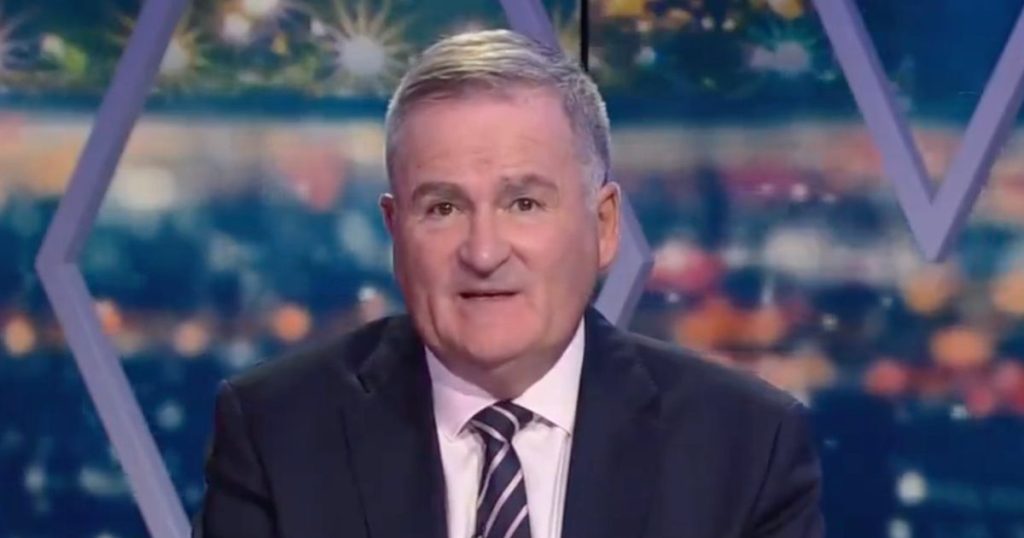Alejandro Garnacho’s social media activity, particularly ‘liking’ posts critical of Manchester United manager Erik ten Hag, has stirred controversy. The 19-year-old player was substituted at half-time during United’s match against Bournemouth, receiving backlash for a mistake that led to a goal. Subsequently, Garnacho ‘liked’ social media posts criticizing Ten Hag’s decision to substitute him. This action sparked debate, with former Sky Sports presenter Richard Keys defending Garnacho and criticizing Ten Hag’s managerial approach. Keys suggested that Ten Hag had unfairly targeted Garnacho and highlighted the young player’s recent performances.
During a post-match press conference, Ten Hag addressed Garnacho’s error and stated that there were issues on the right side of the pitch where Garnacho was playing. He mentioned that the team had to make adjustments during half-time to address these problems. Ten Hag explained that Garnacho had not been training much during the week due to certain issues, and the decision to substitute him was made to bring in more energy and quality on the right side. Despite the criticism and debate surrounding Garnacho’s social media activity, Ten Hag emphasized the team’s resilience and character in coming back from losing positions in the game against Bournemouth.
The situation involving Alejandro Garnacho has raised questions about player-manager relationships, social media etiquette, and handling young talent in football. The debate surrounding Garnacho’s ‘liking’ of critical posts highlights the influence of social media on modern football and the public scrutiny that players face. Ten Hag’s decision to substitute Garnacho and his subsequent comments have been analyzed and discussed in the context of team dynamics and tactical considerations. The incident serves as a reminder of the complexities and challenges faced by managers and players in the high-pressure environment of professional football.
The reaction to Garnacho’s social media activity reflects the broader trends in football, where online interactions and public statements by players can have significant consequences. The episode involving Garnacho and Ten Hag underscores the need for clear communication, professionalism, and mutual respect within football clubs. It also raises questions about how clubs and managers should deal with social media-related incidents involving players and the importance of fostering positive relationships between players and coaching staff. Moving forward, it is essential for all parties involved to address such situations with maturity and professionalism to maintain team harmony and focus on collective success.
The incident involving Alejandro Garnacho and Erik ten Hag is just one example of the challenges faced by football clubs in managing player behavior and social media presence. The debate sparked by Garnacho’s ‘liking’ of critical posts highlights the need for clear guidelines and boundaries regarding players’ use of social media. It also emphasizes the importance of open communication and understanding between players and managers to prevent misunderstandings and conflicts. As the influence of social media continues to grow in football, clubs must adapt their strategies for dealing with online interactions and ensure that they protect the interests of both the team and the individual players.
In conclusion, Alejandro Garnacho’s social media activity has reignited discussions about player-manager relationships and social media etiquette in football. The incident involving Garnacho and Erik ten Hag sheds light on the complexities and challenges faced by players and managers in the modern game. It serves as a reminder of the responsibilities that players have in representing their clubs online and the impact that their actions can have on team dynamics. Moving forward, clubs must establish clear guidelines for player social media use and foster open communication to address such incidents effectively and maintain a positive team environment.


